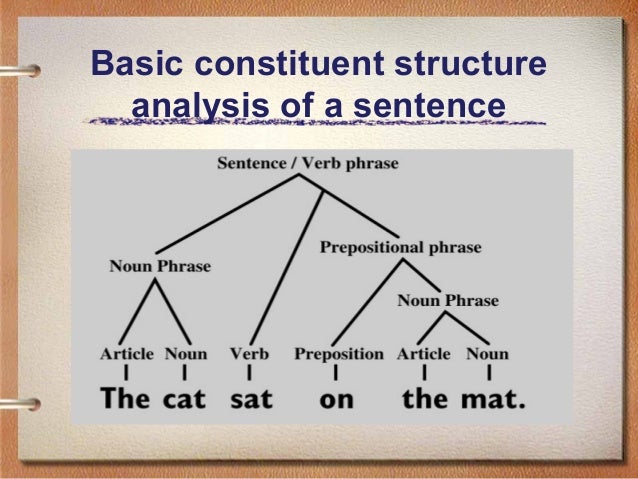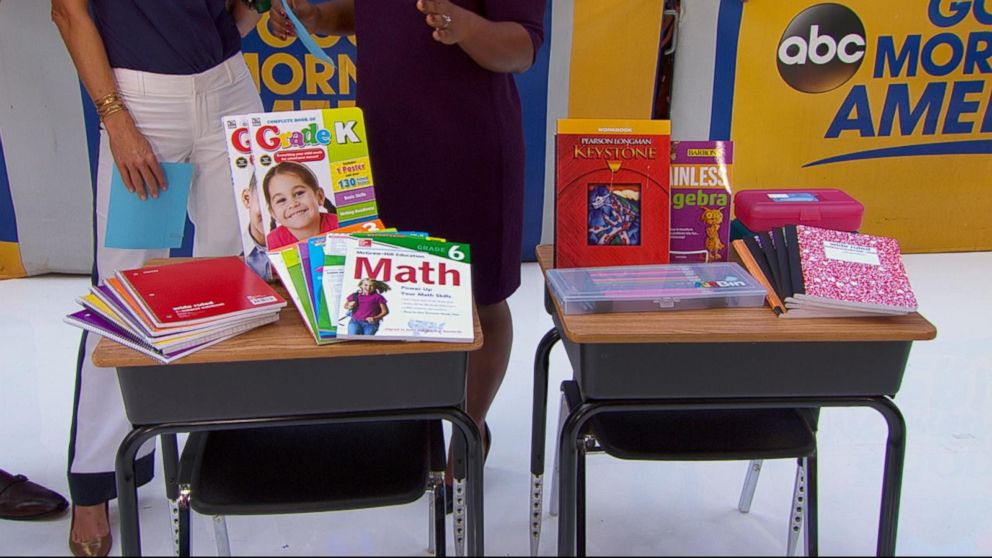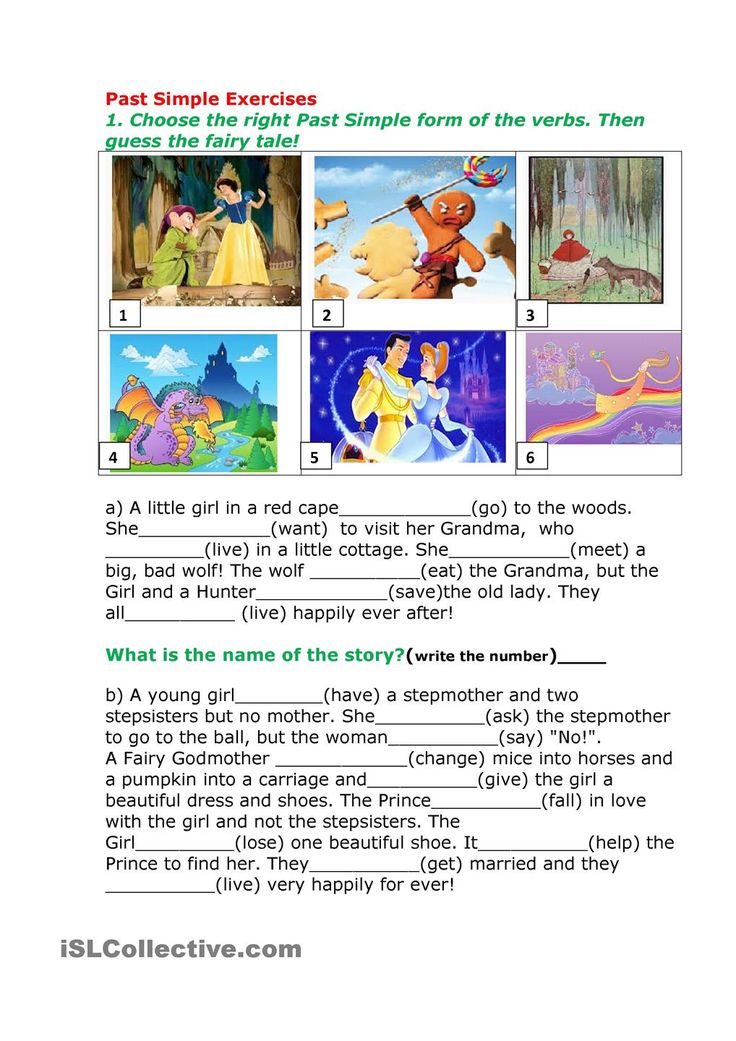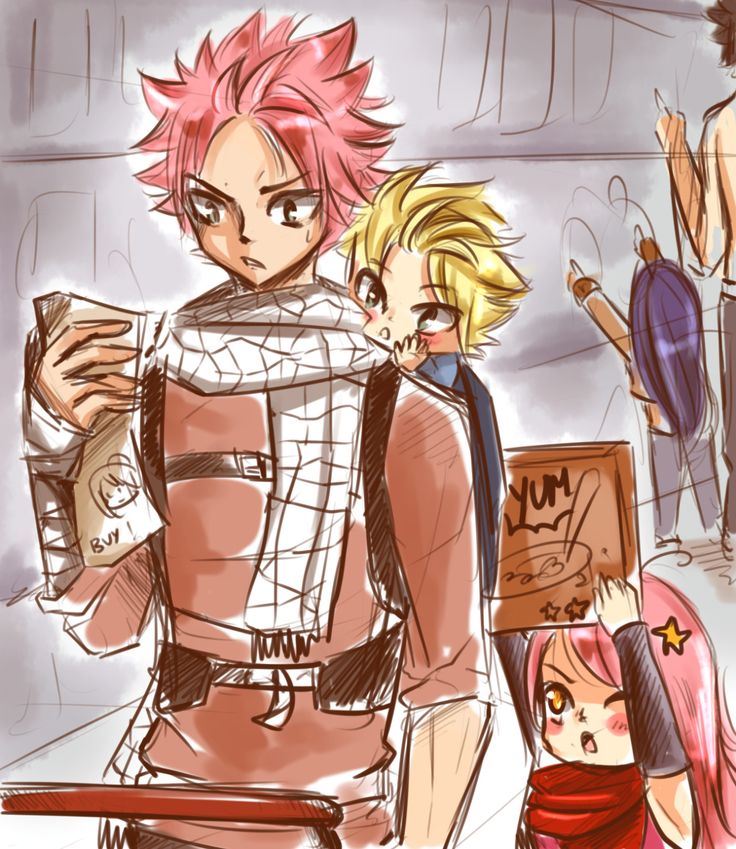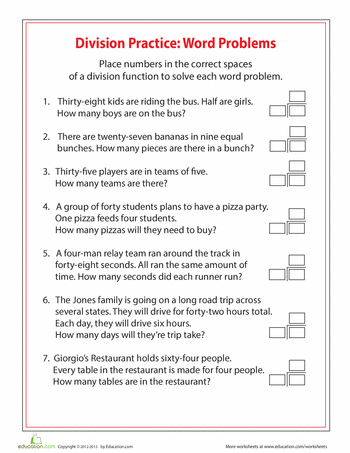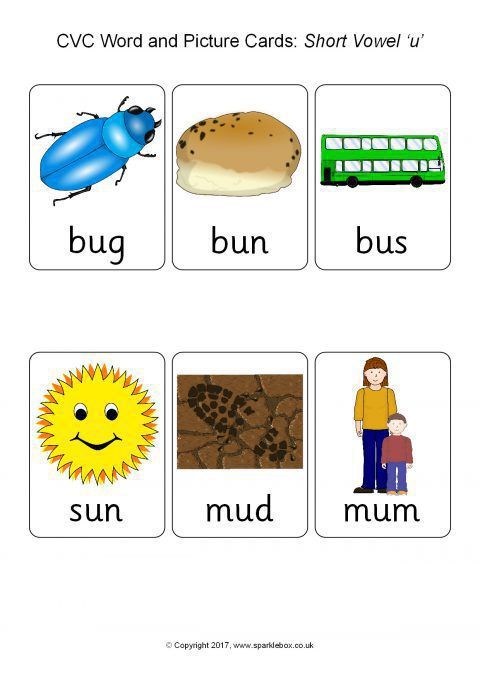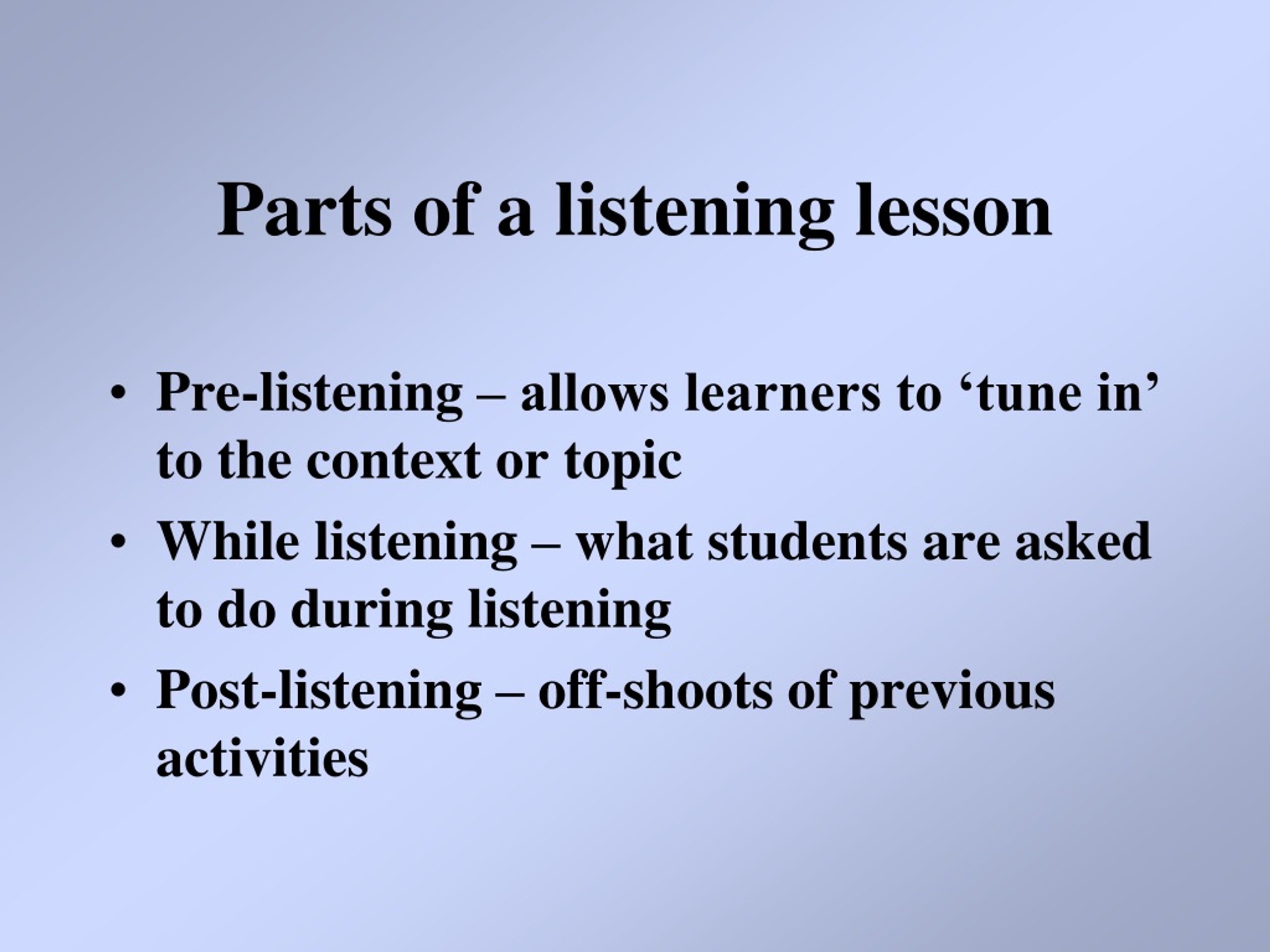2Nd grade spelling words games
Classroom Spelling Games for Grades 2-6
Looking for an engaging spelling game to play with your students? Look no further! We’ve collected together a fun list of classroom spelling games suitable for students in grades two to six.
1. Buzz Off Spelling Game
Have students stand in a circle. Choose a person to start and say the word to spell. In succession moving from person to person around the circle, each student says the next letter in the word until the entire word is spelt. The next student says ‘buzz’ and then the next ‘off’ and that final student sits down. Any student whose letter misspells the word also has to sit down. Keep playing until only one student remains standing.
2. Spelling Team Tic Tac Toe #1
Divide students into two teams. Draw a large tic tac toe grid on the whiteboard. Students from each team take turns to orally spell an allocated word correctly. If they are correct, they add an x or o to the grid for their team. First team to three in a row wins the round.
3. Spelling Team Tic Tac Toe #2
Divide students into two teams. Draw a large tic tac toe grid on the whiteboard. Give each team a different coloured whiteboard marker. Students from each team take turns to spell an allocated word directly onto their choice of square on the tic tac toe grid. If they spell the word incorrectly it is erased. First team with three correctly spelled words in a row wins the round.
4. Snowball Spelling Game
Onto a small sheet of white paper write the grapheme for a sound the class has been studying, e.g. ‘ir.’ Scrunch the paper up into a ball. Throw the paper ball to a child who must unwrap the paper and say a word containing that sound. The child then throws the paper ball to another child who has to spell the word. They then throw the ball to another child who has to say a sentence that includes the word. They then throw the ball to another child who starts the sequence again with a new word that includes the sound.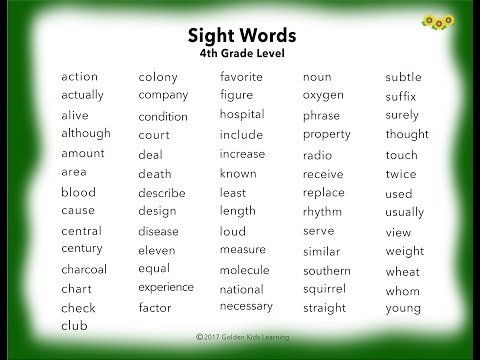
5. Spelling Swat It!
Divide students into two teams. Write the spelling words randomly onto the whiteboard.
Stand the first two players, with their backs to the board, a short distance in front of it. Give them each a plastic fly swat.
Call out a clue to identify the spelling word. For example, “This word means…” or “Rhymes with …” The two players must then race to be the first to swat the correct word on the board. The winner must then turn away from the board and spell the word correctly to win a point for their team.
6. Spelling Word Relay
Divide the students into teams. Each team lines up a short distance away from the whiteboard, facing the board. The first person in each team starts with a whiteboard marker.Call a word for the students to spell. The first student in each team races to the board and writes the first letter of the word and then runs back to pass the marker on to the next team member who writes the next letter of the word, and so on.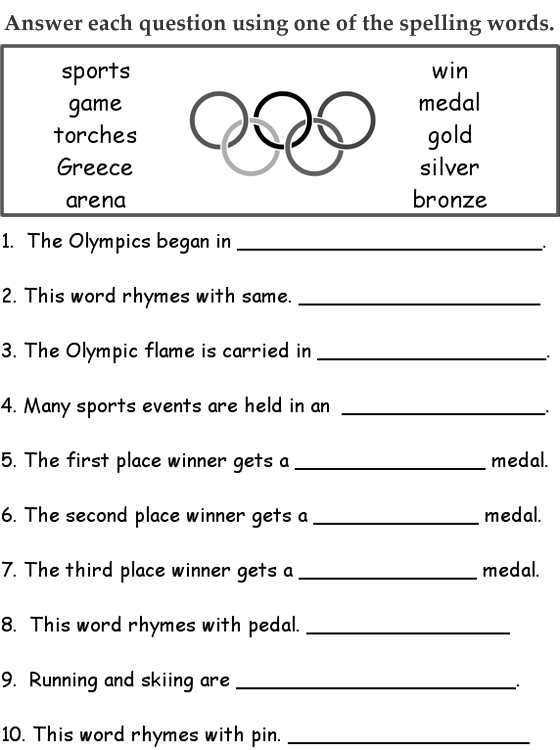 Team members can correct an incorrect letter on their turn but they may not add a new letter. The first team to correctly spell the word scores a point.7. Spelling Who Am I?
Team members can correct an incorrect letter on their turn but they may not add a new letter. The first team to correctly spell the word scores a point.7. Spelling Who Am I?
Write each spelling list word onto a post-it note. Divide students into two teams. The first student from the first team sits on a chair at the front of the room, facing the rest of her team. Place the first post-it note onto the student’s forehead. The goal is for the chosen student’s teammates to give him or her clues to what the word on his forehead is, without revealing the word directly. They can use rhyming words, synonyms, antonyms, guestures, etc. After they guess the word correctly, the student then has to spell the word. If they spell the word correctly, they score a point for their team. Repeat with the first team member from the second team, and so on.
8. Unscramble
Line students up into two or three teams facing the class whiteboard. The first person in each team has a personal whiteboard and a whiteboard marker and an eraser and turns to face away from the class whiteboard.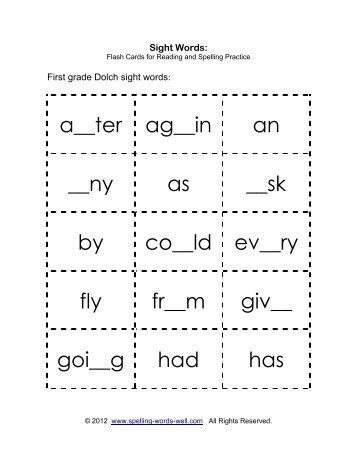 Write a jumbled version of the first spelling word on the class whiteboard. On ‘Go!’ the team members turn to face the board. The first of these students to write the unjumbled word (spelled correctly) onto their personal whiteboard and holds it up to the teacher wins a point for their team. They then pass the whiteboard onto the next team member and play continues with a new jumbled word for each round.
Write a jumbled version of the first spelling word on the class whiteboard. On ‘Go!’ the team members turn to face the board. The first of these students to write the unjumbled word (spelled correctly) onto their personal whiteboard and holds it up to the teacher wins a point for their team. They then pass the whiteboard onto the next team member and play continues with a new jumbled word for each round.
9. Missing Letters
Played in the same manner as Unscramble but the words are written onto the classroom whiteboard with blank lines in the place of some of the letters. For example, b_c_ _se for the word because.
10. Invisible Man
Line students up into two teams facing the whiteboard. Draw two large stick people on the whiteboard, one in front of each team, each must have the same number of body parts. Call out a word for the first member of team one to spell. If they spell it correctly they may erase one body part from the other team’s stick person.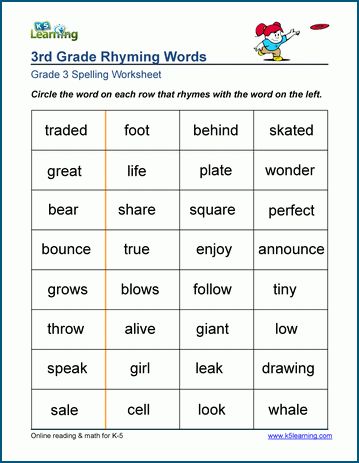 Call out a word for the first member of team two to spell, and continue on until one team’s stick person is completely erased. The erasing team is the winner!
Call out a word for the first member of team two to spell, and continue on until one team’s stick person is completely erased. The erasing team is the winner!
11. Spell-O
Each student chooses five spelling words and writes them onto a piece of paper. Write the alphabet in large print across the whiteboard. Cross out the letters of the alphabet, one by one. As each letter is crossed out, students cross out that same letter as it appears in each of their own words. First student to cross out all of the letters in all of their words wins.
12. Dictionary Challenge
This game works best with students in the upper elementary/primary grades. Divide students into teams. Each team will need a dictionary. Students choose a player from their team to go first. Call out a word. The elected students from each team race to be the first to find the word in the dictionary. The person who succeeds scores a point for their team. The dictionary is then passed to the next person in each team and the process repeated.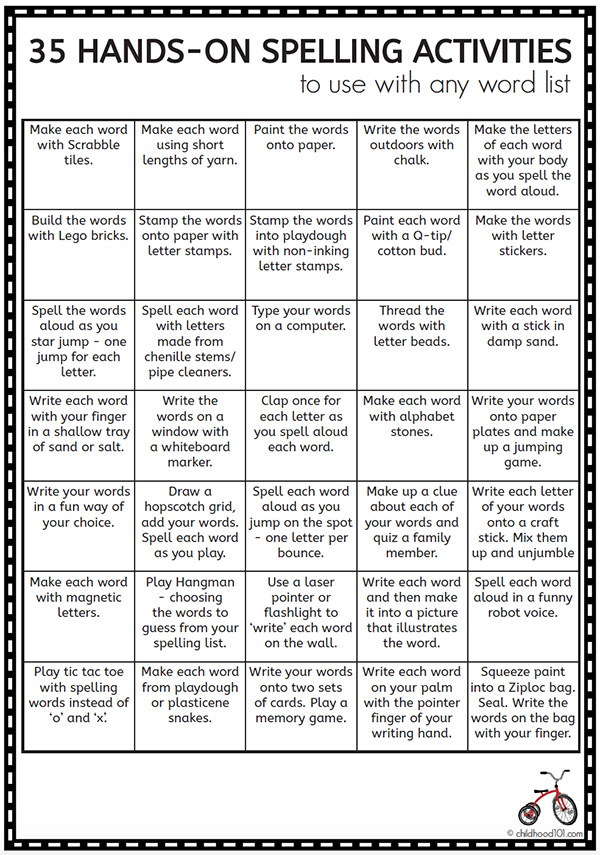
Christie Burnett is a teacher, presenter, writer and the mother of two. She created Childhood 101 as a place for teachers and parents to access engaging, high quality learning ideas.
2nd Grade Spelling Words, Lists, Games, Worksheets and Activities
M E N U
- Home Spelling Words
- Second Grade Spelling Words
2nd Grade Spelling Lists, Games & Activities
Subscribe to Home Spelling Words!
Enjoy our 2nd grade spelling lists plus practice these 2nd grade spelling words online anytime by creating an account, adding your students, then importing lists or making your own spelling lists.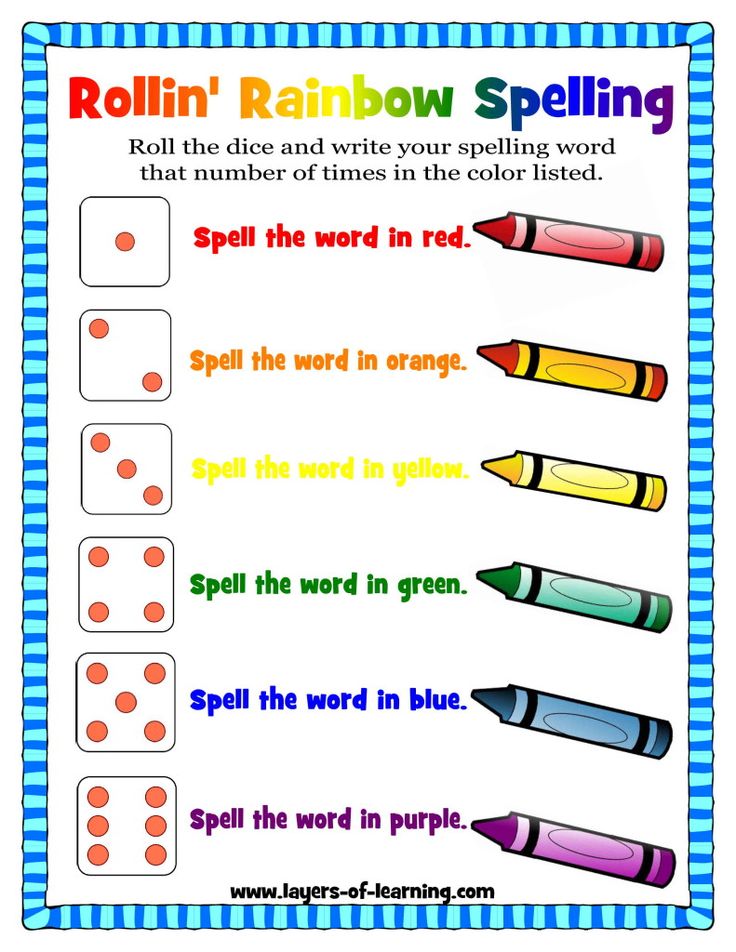 Second grade is a great time to use spelling to improve reading speed
and to increase your student's vocabulary. Make your own custom spelling lists by creating an account. Help your second grader develop reading
confidence by making sure they have a solid foundation. Home Spelling Words is the perfect program for gifted learners, those with learning disabilities and students
who need spelling help. Our multisensory approach helps students at all levels. Students will hear the word, see the word and type in the word, which helps retention.
Gamification allows your students to learn while playing fun spelling games. Why simply write spelling words down when you can play and learn at the same time!
Second grade is a great time to use spelling to improve reading speed
and to increase your student's vocabulary. Make your own custom spelling lists by creating an account. Help your second grader develop reading
confidence by making sure they have a solid foundation. Home Spelling Words is the perfect program for gifted learners, those with learning disabilities and students
who need spelling help. Our multisensory approach helps students at all levels. Students will hear the word, see the word and type in the word, which helps retention.
Gamification allows your students to learn while playing fun spelling games. Why simply write spelling words down when you can play and learn at the same time!
2nd Grade Spelling Worksheets
Worksheet for List 1
Worksheet for List 2
Worksheet for List 3
Worksheet for List 4
Worksheet for List 5
Worksheet for List 6
Worksheet for List 7
Worksheet for List 8
Worksheet for List 9
Worksheet for List 10
Worksheet for List 11
Worksheet for List 12
Worksheet for List 13
Worksheet for List 14
Worksheet for List 15
Worksheet for List 16
Worksheet for List 17
Worksheet for List 18
Custom 2nd Grade Spelling Lists
Create your own spelling lists by registering for an account.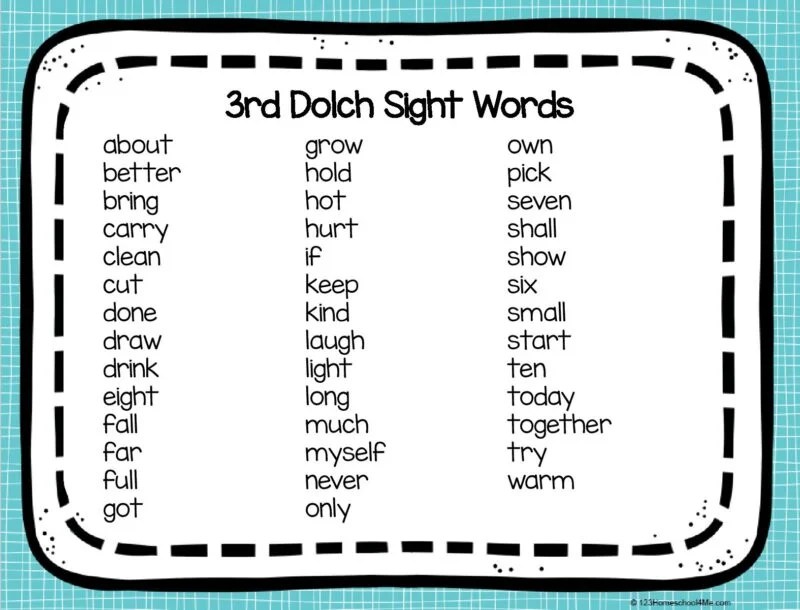 We do not sell or share your information or send you spam emails.
Once registered, simply enter your list name, then each word and a practice sentence if you like.
Once you are done, publish the list and start practicing right away. You can also
take tests or play spelling games with your customized list. Our website is perfect
for homeschools with their own curriculum or students who receive a weekly spelling list from school.
We do not sell or share your information or send you spam emails.
Once registered, simply enter your list name, then each word and a practice sentence if you like.
Once you are done, publish the list and start practicing right away. You can also
take tests or play spelling games with your customized list. Our website is perfect
for homeschools with their own curriculum or students who receive a weekly spelling list from school.
2nd Grade Spelling Games
Our 2nd grade spelling games are wonderful because they are dynamic. Each time you play, the game changes!
- Fill in the Blank Game A new game is generated every time so you can play all week and not get bored!
- Word Search Randomly creates a new game for your student to find spelling words.
- Spelling Soup Catch the correctly spelled word with your soup bowl for points.
2nd Grade Spelling Bee Words
Home Spelling Words is the perfect website for to use for spelling bee practice.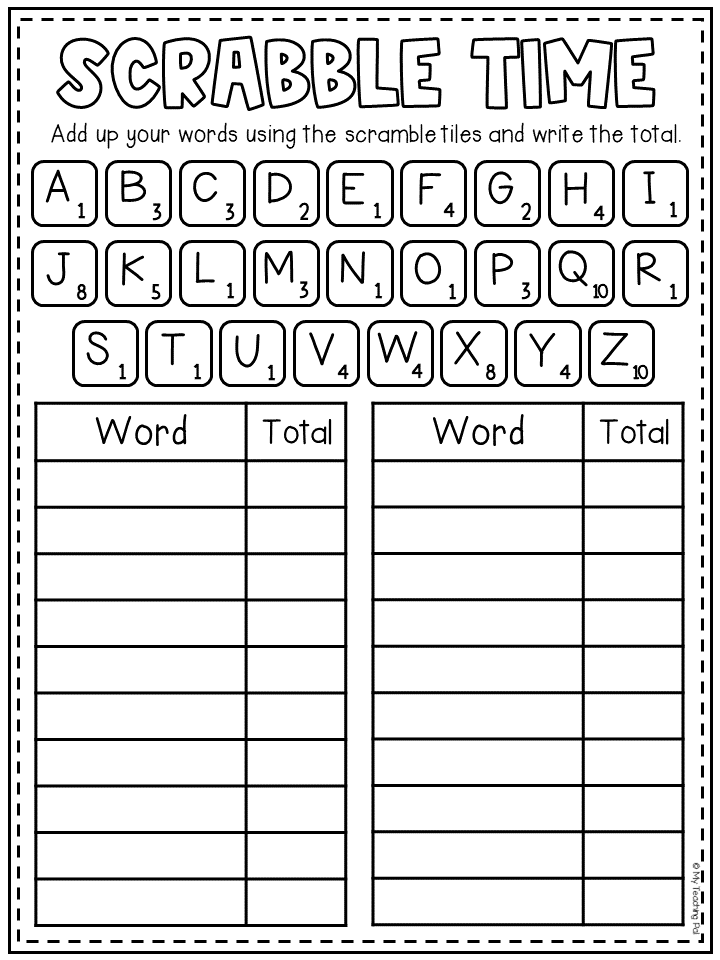 Create lists of ten or twenty 2nd grade spelling words and practice
as much as you like. You can also play games with your spelling bee words and take tests as well.
Create lists of ten or twenty 2nd grade spelling words and practice
as much as you like. You can also play games with your spelling bee words and take tests as well.
Strengthening the spelling of complex words. Lesson game. Grade 2 | Methodological development in the Russian language (grade 2):
Methodical development in the Russian language
Master class "Playing with words"
Lesson topic: "Reinforcing the spelling of complex words"
Course of the lesson:
- Introductory speech.
Pedagogical games
It is hard to overestimate the importance of games in the classroom. The entertainingness of the conditional world of the game makes the monotonous activity of memorization, repetition, consolidation or assimilation of information positively emotionally colored, and the emotionality of the game action activates all the mental processes and functions of the child. Another positive side of the game is that it promotes the use of knowledge in a new situation, i.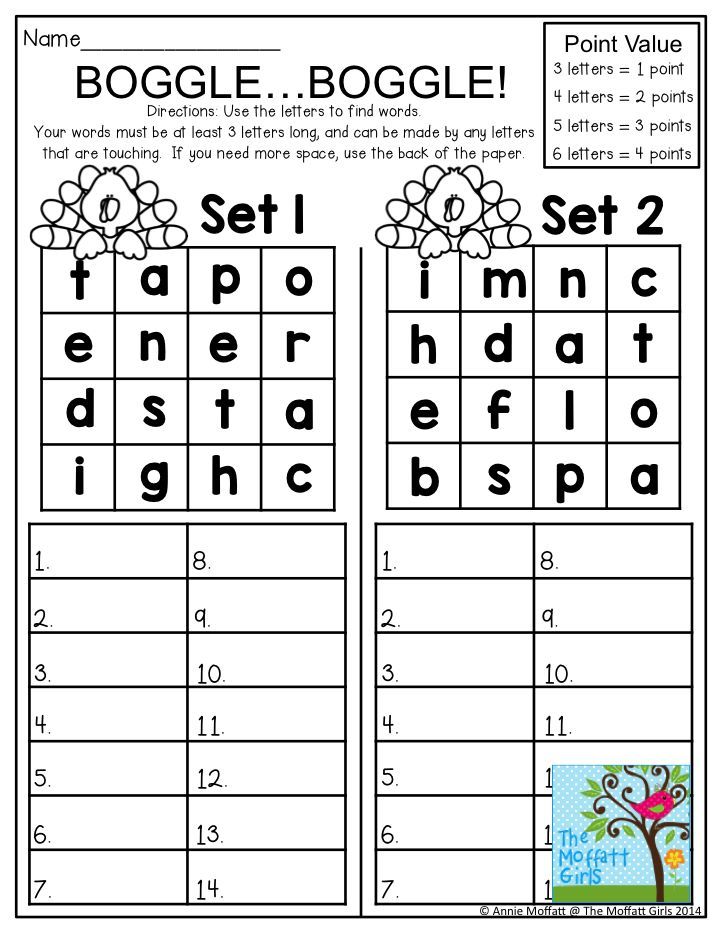 e. the material assimilated by students goes through a kind of practice, brings variety and interest to the educational process. nine0003
e. the material assimilated by students goes through a kind of practice, brings variety and interest to the educational process. nine0003
It is difficult to overestimate the importance of playing in the classroom. Here the horizons of the child, ingenuity develops. The game makes it possible to switch from one type of activity to another and thereby relieve fatigue, fatigue. Games with their content, form of organization, rules and effectiveness contribute to the formation of skills to analyze, compare, contrast. This affects the development of attention, observation, memory, spatial representations, and imagination.
Cognitive UUD
1. We develop the ability to extract information from illustrations, texts.
2. Present information in the form of a diagram.
3. Reveal the essence, features of objects.
4. Draw conclusions based on the analysis of objects.
5. Summarize and classify according to features.
6. Find answers to questions in the illustration.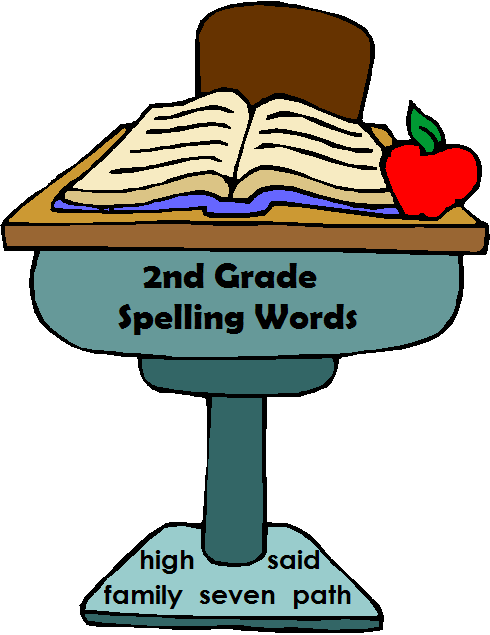
Regulatory UUD
1. We develop the ability to express our assumption
2. Evaluate learning activities in accordance with the task. nine0003
3. Forecast future work (make a plan).
4. Carry out cognitive and personal reflection.
5. Adequately perceive the suggestions and assessment of the teacher, peer.
Communicative UUD:
1. Work in pairs or groups is a form of organization of students' activities in the lesson, which is necessary in order to teach cooperation. With this form of work:
- cognitive activity and creative independence increase
students;
- class cohesion increases;
- the student evaluates his abilities more accurately;
- children acquire the skills necessary for life in society, responsibility, tact, etc.
- the ability to resolve conflict situations, the ability to listen to the interlocutor, the ability to empathize emotionally, the ability to work in a group is being formed.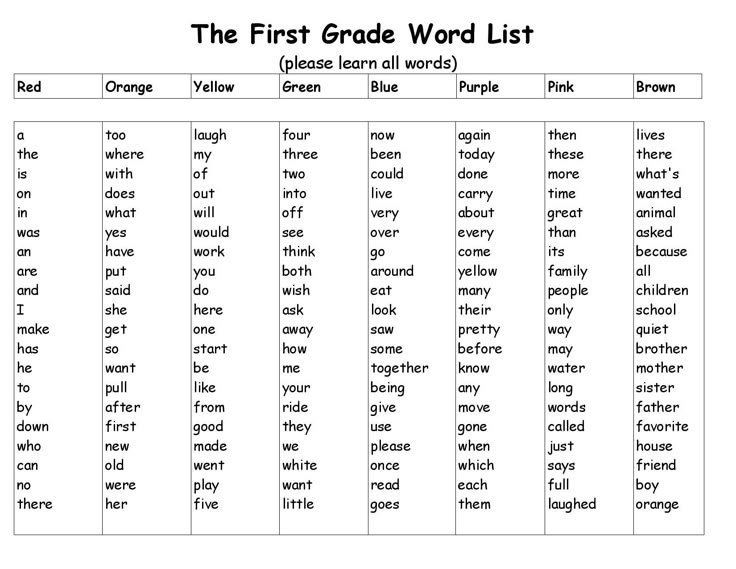
Group support creates a sense of security, and even the most timid and anxious children overcome fear. nine0003
Logical UUDs are formed through the analysis of objects in order to extract features.
One of the types of analysis is spelling, i.e. detection of orthograms, their definition and commenting, indication of the method of verification.
Through the analysis of objects, selective cheating and tasks for isolating words with certain characteristics from a group of words, sentences or text are performed.
Personal results
1. Evaluate actions in accordance with a certain situation. Use adequate self-assessment based on the criterion of success in educational activities
2. We form motivation for learning and purposeful cognitive activity.
Game can be a method and means of enhancing the cognitive activity of students.
If the game is considered as a method of teaching, then this is a lesson-game, if as a means of teaching, then these are didactic games.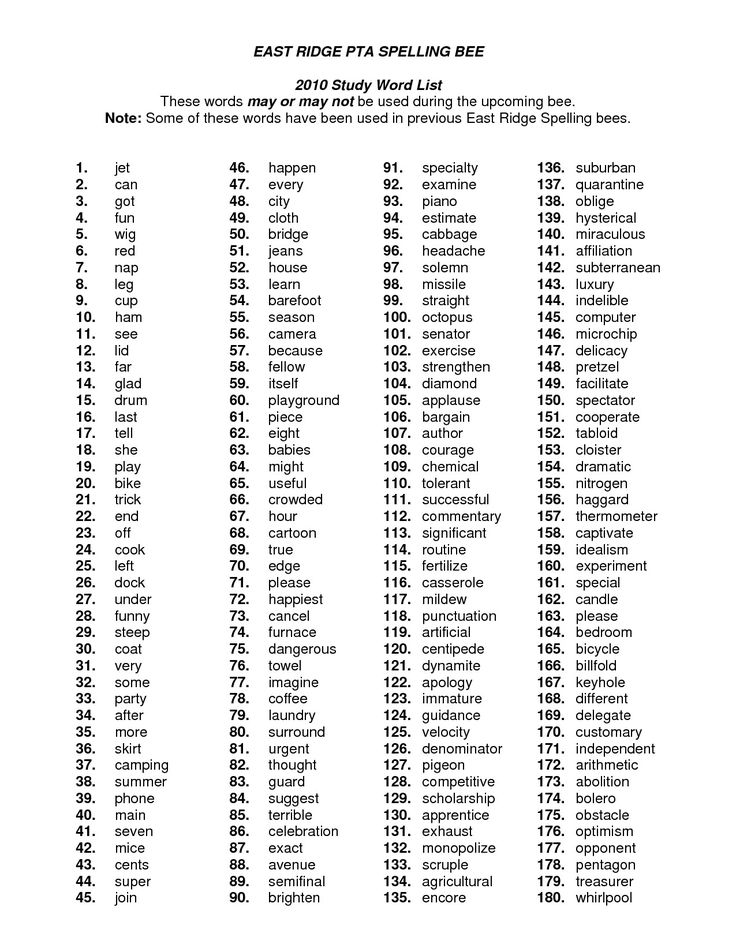
Today's lesson invites you to play the role of students.
The lesson was compiled for the 2nd grade on the topic: "Use in speech and spelling of complex words." This is a lesson in reinforcement. nine0003
The purpose of the lesson: to create conditions for fixing the topic "Use in speech and spelling of complex words."
Tasks: to consolidate the concept of compound words, spelling of compound words; teach children to act according to the algorithm; to cultivate interest in the study of the Russian language; To develop the ability of students to work collectively and individually.
The lesson is conducted in the form of a lesson-game "Looking for Kai".
The following didactic games will be used in the lesson:
- “Make no mistake”
- "Be careful"
- "Choose the road"
- "Collect the words"
- "Open the locks"
- "Choose the words"
II. Lesson game.
And the following task will help us formulate the topic of the lesson:
- In each word, underline the letter that is the spelling in it and from these letters make a word that will lead us to the topic of the lesson:
Soup, cast iron, stairs, earth, lily of the valley, pencil case, helmet, raft, catch, tire, forest.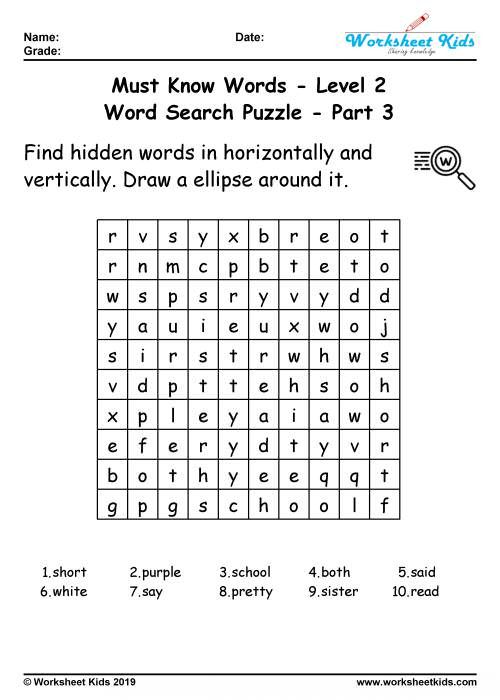 nine0003
nine0003
Traveling - walking and using various modes of transport for recreation and exploring new places.
What is unusual about this word? So we will make a trip to a fairy tale, a country of complex words.
D-2 (S), V-5 (N), A-2 (E), B-5 (W), V-5 (N), D-5 (A), B-4 (I) ,
A-4 (K), E-3 (O), D-1 (R), E-3 (O), G-1 (L), A-2 (E), A-1 (B ), D-5 (A)
The game "In Search of Kai"
Slide
- To disenchant Kai, Gerda needs to collect a mirror. For each correctly completed task, you will receive a mirror shard. (These questions are asked to recall the content of the tale and create motivation.)
Game 1.
- Whom did Gerda meet first on the way? (old flower girl)
Slide 6:
- What flowers did the old woman hide? What for?
To help Gerda in search of Kai, you and I must revive the rose bush. And for this, remember:
What words are called compound?
How to correctly write the letter of the connecting vowel
in compound words?
Find roots
You completed the first task, you will receive a mirror shard.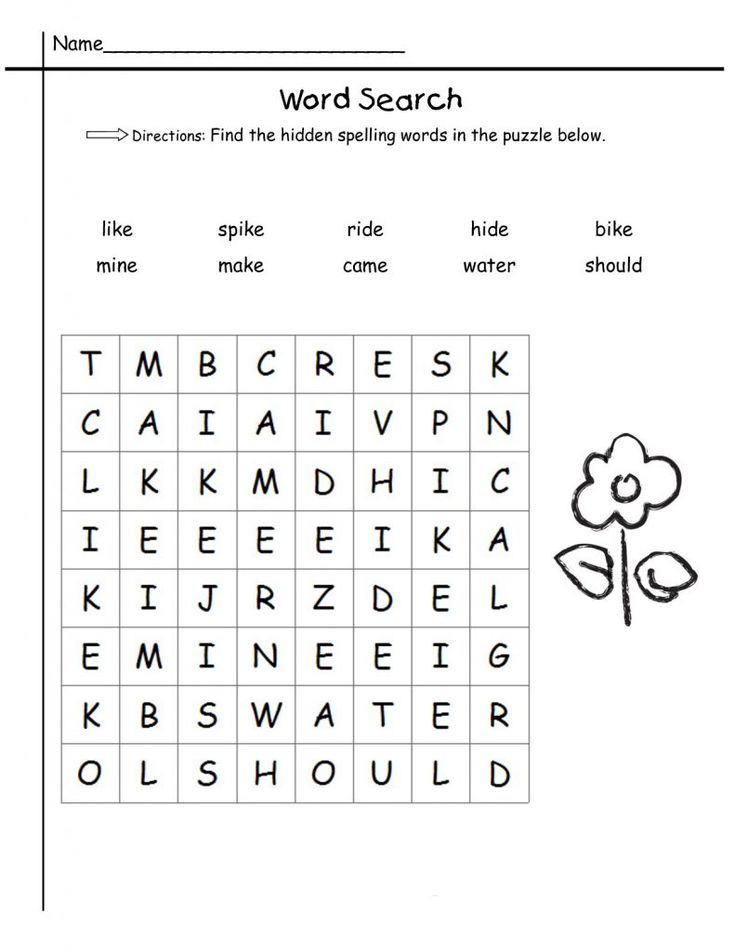
Game 2.
- Where will Gerd go in search of Kai? (to the princess's palace)
Slide
Gerda gets into the princess's palace, but she can leave it if you find as many complex words as possible in the illustration. (The purpose of the assignment: to activate students' knowledge of the spelling of compound words, the use of compound words in speech)
Write down the words you found, highlight the root, underline the connecting vowel. nine0003
- Which road did you choose?
- Why are other roads not suitable?
Write down the correct route, highlight the root, underline the connecting vowel.
Get 3 shards.
Game 4.
The reindeer delivered Gerda to the Finnish old woman. Before answering Gerda's question: "Does she know where Kai is?" the old woman read her letters for a long time.
You will find out what words are found in the letters by adding up the loto. (The purpose of the task: to continue the formation of the ability to form complex words)
Slide
You can invite children to write down the received words, highlight the spelling (or write down only words denoting animate nouns, highlight the spelling)
Get the next fragment.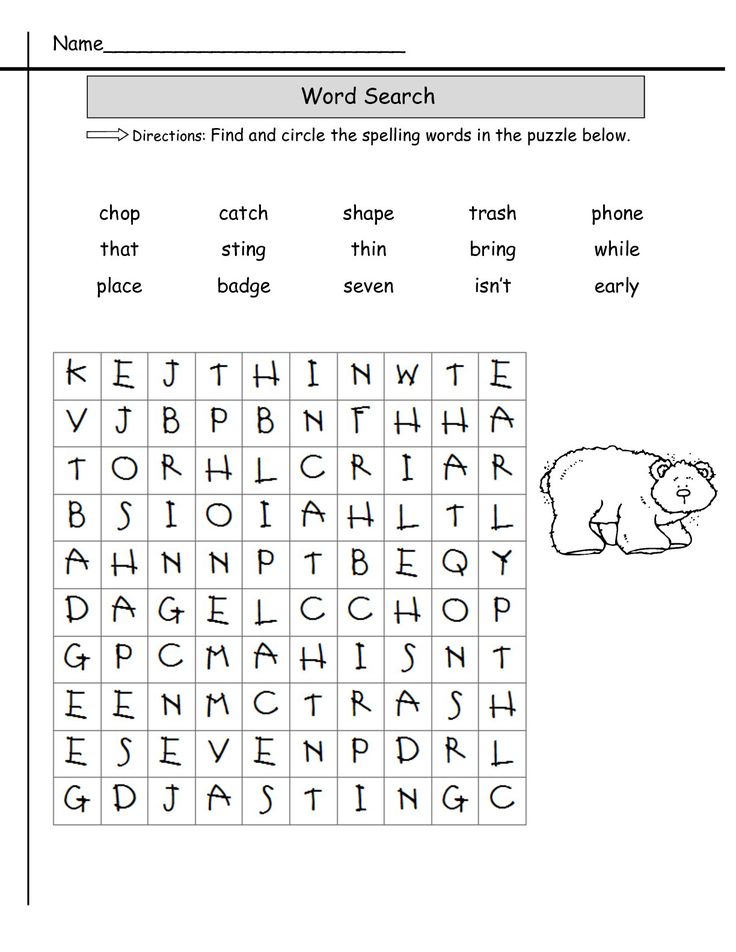
The Finnish woman saw the answer to Gerda's question in the letters. Kai is in the Snow Queen's castle.
Game 5.
To get into the castle, Gerda needs to find the keys to the locks.
Slide 7.
- How should keys be selected? (words should be written on the keys from which a compound word can be composed) (The purpose of the task: to remember the concept of complex and single-root words)
Get a shard.
Game 6.
Once in the castle, Gerda saw Kai. She lacks one shard to assemble the mirror.
Slide 8.
- Who kidnapped Kai? (Snow Queen)
Highlight the root in the word Snow. Pick up compound words with the root -snow-/-snow-. (The purpose of the task: to test the ability to write complex words correctly, to activate the vocabulary of children)
We received the last fragment. Collect the mirror. The word is written on the mirror. nine0003
- What will help you read the word? (mirror)
- Why did this word help to disenchant Kai? (it's magic)
- What other magic words do you know?
III.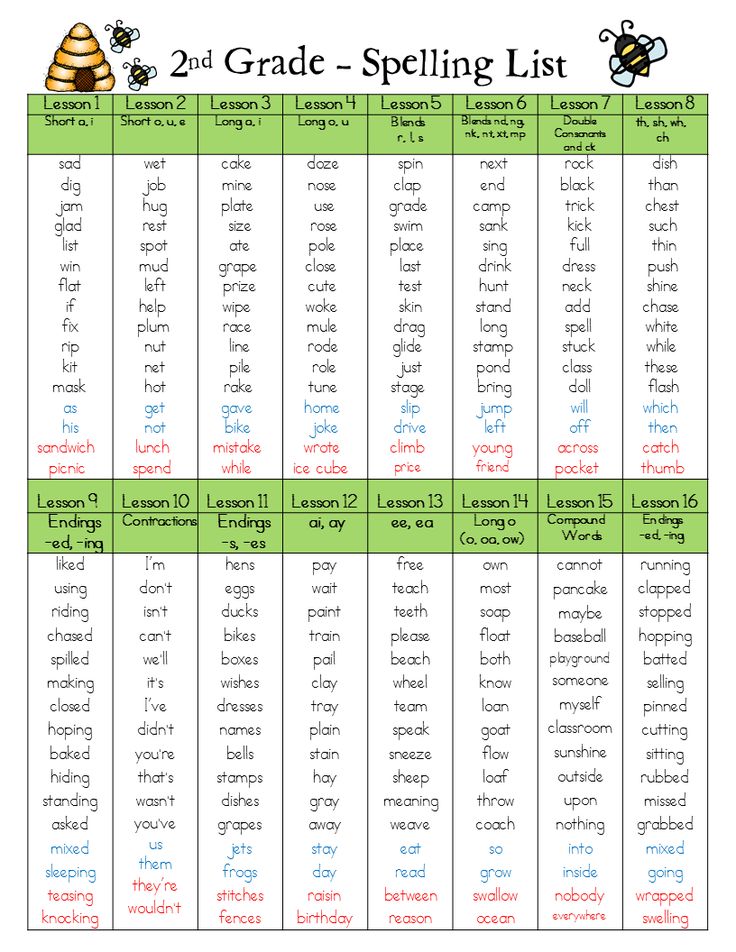 Reflection.
Reflection.
- I would like to hear your opinion about this form of the lesson.
- Which part of the lesson seemed to be the most significant?
Theoretical questions
Picture with hidden words
Task with keys
Task with rosebuds
Musical task
Text
Sincwine
Didactic games in Russian language lessons
Russian language is one of the most difficult subjects in school. Therefore, it is necessary to develop students' interest in this subject even in elementary school, to make it as joyful and exciting as possible.
One of the most effective means that can arouse interest in Russian language classes is a didactic game. The purpose of the game is to arouse interest in knowledge, science, books, teachings. At primary school age, the game, along with learning, occupies an important place in the development of the child. When children are included in the situation of a didactic game, interest in learning activity increases sharply, the material being studied becomes more accessible to them, and their working capacity increases significantly.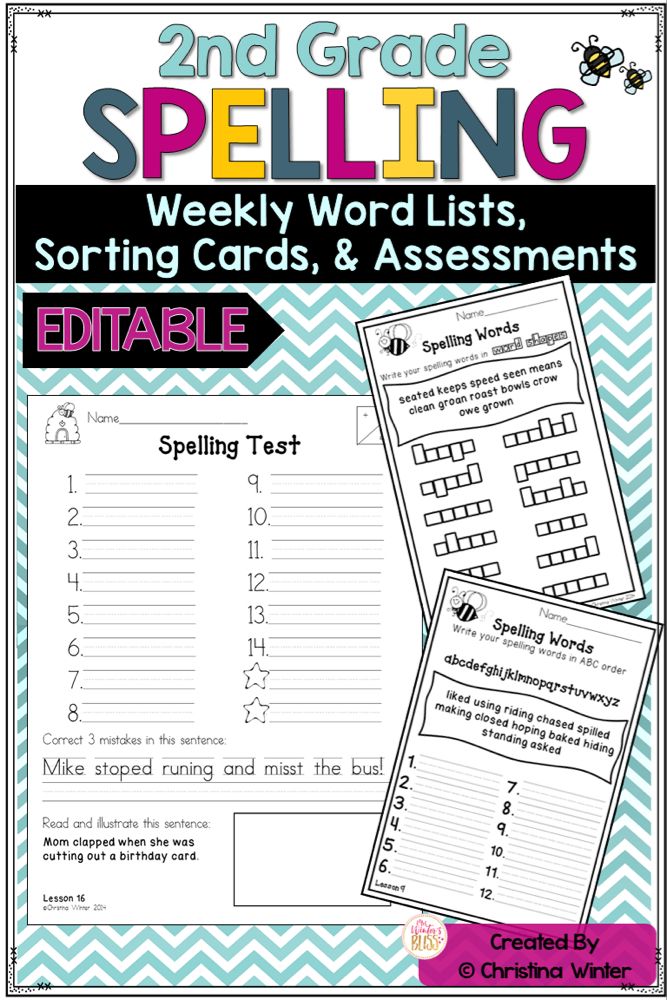 nine0003
nine0003
After all, the fact that the game is part of the learning process is not a secret for anyone. The game helps to form the phonemic perception of the word, enriches the child with new information, activates mental activity, attention, and most importantly, stimulates speech. As a result, children have an interest in the Russian language. Not to mention the fact that didactic games in the Russian language contribute to the formation of the spelling vigilance of a younger student.
Over the course of several years of work in primary school, I observed that Russian language classes do not always arouse interest among students. Some kids find it boring. The unwillingness to study Russian breeds illiteracy. I thought about how to arouse interest in classes, how to improve writing literacy. nine0003
I re-read a lot of literature, analyzed my lessons and came to the conclusion that it is possible to arouse interest in the Russian language if you systematically accumulate and select fascinating material that can attract the attention of each student.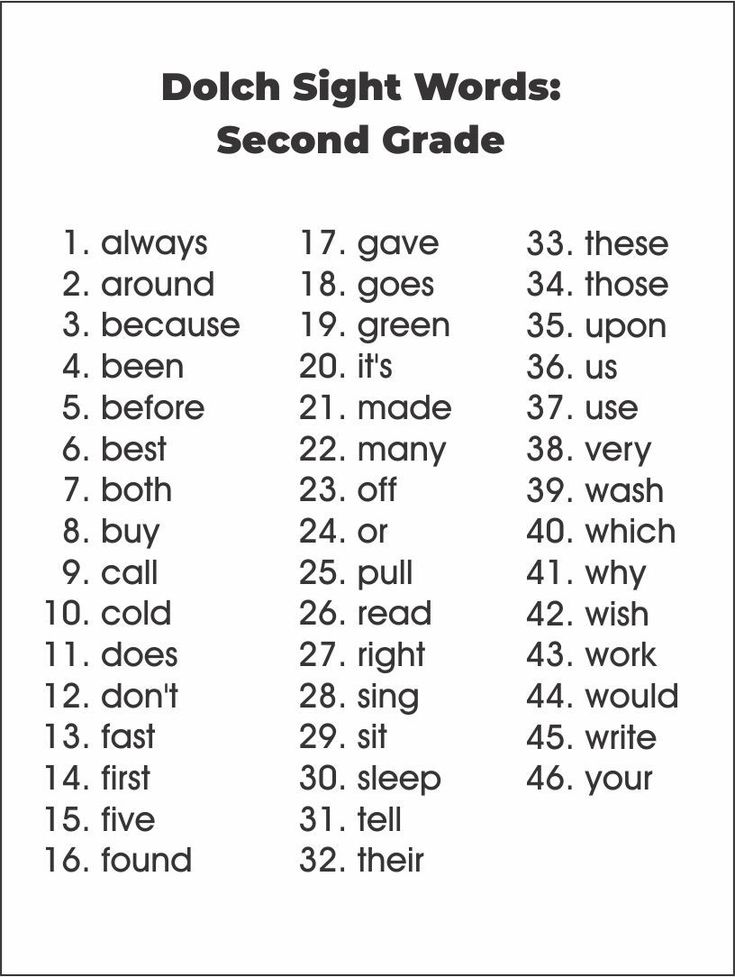
Here are some didactic games and game techniques that I use in my lessons.
1. Game "Make a word" (a series of tasks)
1. Make words from the following letters:
| a) k, o, s | a) f, r, o, m | a) l, a, n, e, p, t, a |
| b) y, e, b | b) w, a, k, a | b) k, h, a, r, y |
| c) m, r, i | c) a, k, y, p | nine0275 |
| d) t, o, r | d) b, o, n, f | d) p, o, g, i, r |
| e) s, s, r | e) a, c, o, k | e) r, o, d, o, g |
| f) e, m, s | f) e, a, c, o | f) k, o, n, o |
2.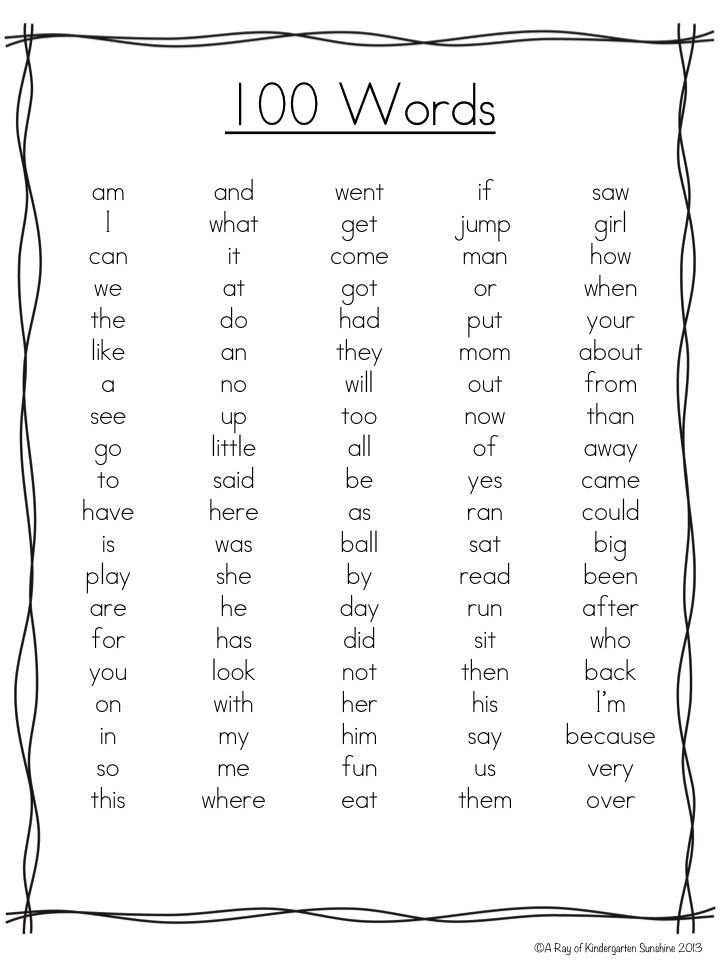 Decipher what words are hidden here, and say which word from the data is superfluous.
Decipher what words are hidden here, and say which word from the data is superfluous.
| 1) s, l, u, t | 2) w, y, d, a, p | 3) c, b, a, a, k, o |
| w, a, f, k | f, r, a, h, b, f | o, o, r, k, a, v |
| f, o, a, k, l | b, i, i, o, l, n | w, k, k, o, a |
| k, b, c, a, p, t, o | n, o, i, l, m | c, b, i, i, s, n |
| s, l, t, o | a, c, b, i, l | i, a, c, h |
3.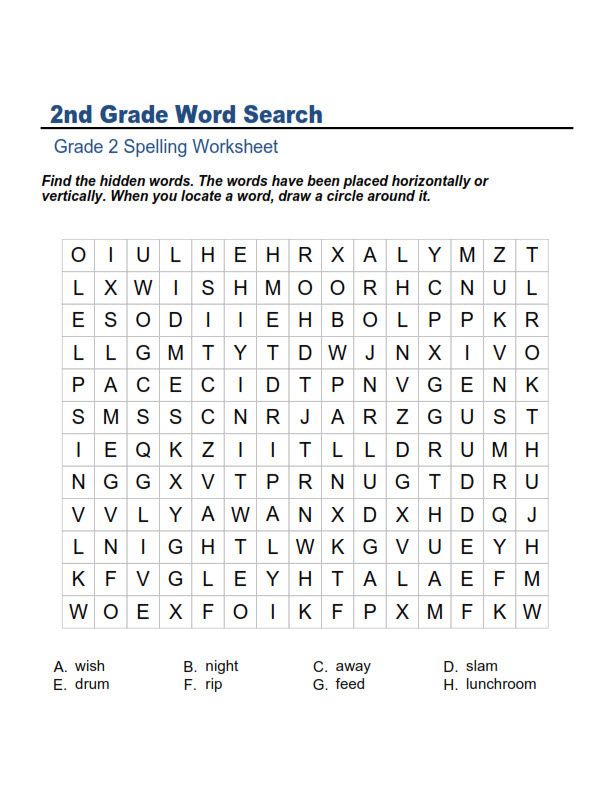 Decipher the words and say what common word they can be combined with .
Decipher the words and say what common word they can be combined with .
| 1) p, i, k, a, t | 2) b, o, h, n | 3) d, e, n, and |
| t, f, i, u, l | h, e, e, r, c | e, a, r, d |
| b, i, i, t, n, o, k | y, o, r, t | s, d, f, n |
| g, a, o, p, i, s | n, e, e, b | b, d, d, o, f |
4. Decipher the words and say what groups they can be divided into.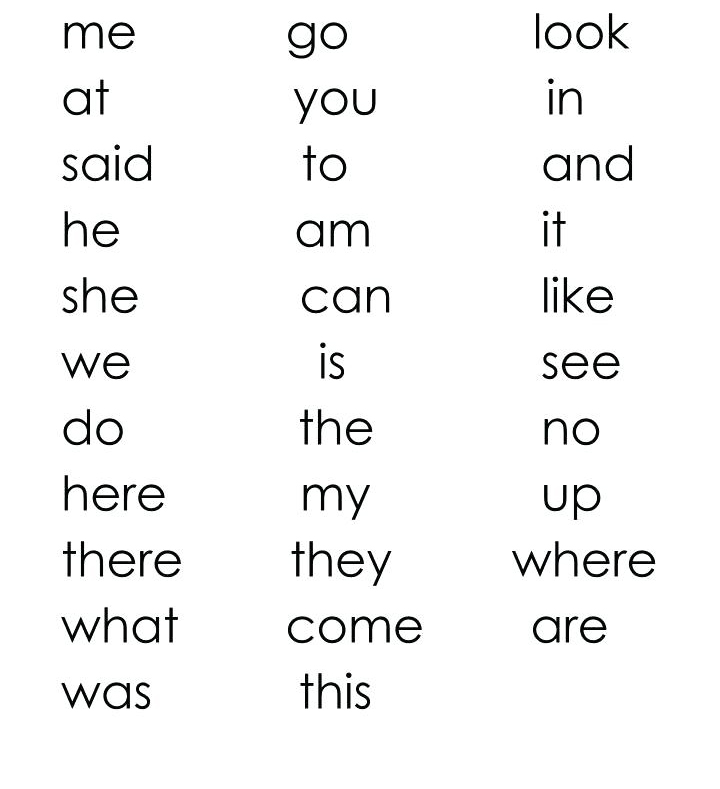
| 1) e, m, p, o | 2) k, y, a, p | 3) a, k, o, r, o, s |
| r, a, e, k | g, i, a, c | c, l, e |
| w, a, a, m, r, o, k | a, i, c, l | w, a, y, k |
| o, o, e, s, r | x, m, a, y | a, a, b, c, p, k |
| b, u, t, l, n, a, p | m, d, e, c, a, y, r | t, r, g, and |
| f, c, a, a, l, and | k, v, o, l | a, n, o, o, r, c |
| k, f, y | b, o, n, k, y |
II.
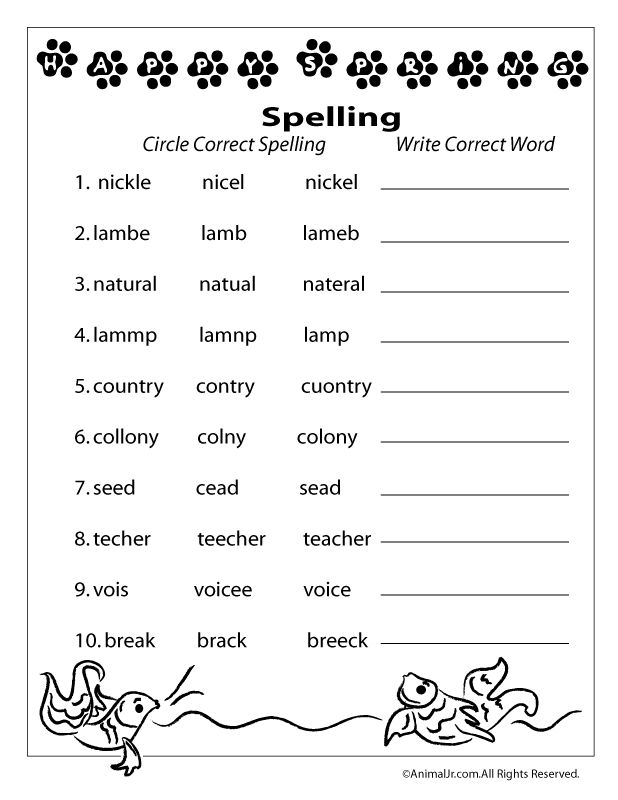 The game "Confusion"
The game "Confusion" Decipher the words
GONVA, ZDEVE, OKZAVL, ENNESERKSOV, STOKVO, LOVE, CHVREA (car, everywhere, station, Sunday, east, ahead, KILINBILIZ
3 , GLUBV, DRUGV
(vaseline, cornflower, near, deep, suddenly)
| G…R…Y | D…R…G… |
| D…C…B…L | H…T…V |
| G…ER…I… | TO S…I…A…IA |
(hero, hot, ready, December, road, goodbye.)
AB…IKO…, AV…OGRA…, AK…AREL…, AK…ARIU… .
(Apricot, autograph, watercolor, aquarium.)
KONBAL, NABAN, RERAB, ATOBN (balcony, banana, barrier, loaf)
KARKAMOR, LEYAKO, ZYREKKO, MOUSE (closet, rut, visor, reed)
| OKGEL | nine0275 NIKAZELLA | |
| ANCILEST | SYAMETS | ANITRAK |
| GAZMAIN | FEEL | INERGEN |
| CARFELTO | YALURTSAK | RAQUARTI |
(easy, stairs, shop, potatoes, slow, month, hello, saucepan, strawberry, painting, engineer, flat)
DBOE, GUROETS, AOSIN, CETO (lunch, cucumber, aspen, father)
TAMELL, ORTEM, KOMOVR, AZAND, LENAVO, OVARPAN (metal, metro, carrot, back, left, right)
TOIG, RIZKAP, ZENOYAM, VMOTI, BOZNO
(total, caprice, mayonnaise, motif, chills)
| R…K…T… | R…S…E…I… |
| R…S…K…Z | R…W…T… |
| R…S…T…I…I… | R…S…. |
(Rocket, story, distance, plant, decide, drawing)
(Which word is superfluous here? (Solve" is a verb, the rest is a noun)
III. "Choose three words"
( The game is used to consolidate any topics in the Russian language)
Purpose: To follow the formation of spelling skills, taking into account the stage of work on spelling
The choice of words depends on the topics studied or covered.0003
Nine words are written on 9 cards:
1st set: fish, blizzard, stocking, oak trees, jam, scarecrow, streams, plague, mushroom.
2nd set : entrance, warehouse, crow, hail, filming, treasure, gate, lift, sparrow.
Two people take cards in turn, the winner is the one who first has three words with the same spelling.
| I | fish | nine0275 stocking | II | entrance | warehouse | crow |
| oaks | jam | stuffed animal | shooting | deg | gate | |
| mushroom | streams | chum | lift | treasure | sparrow |
IV.
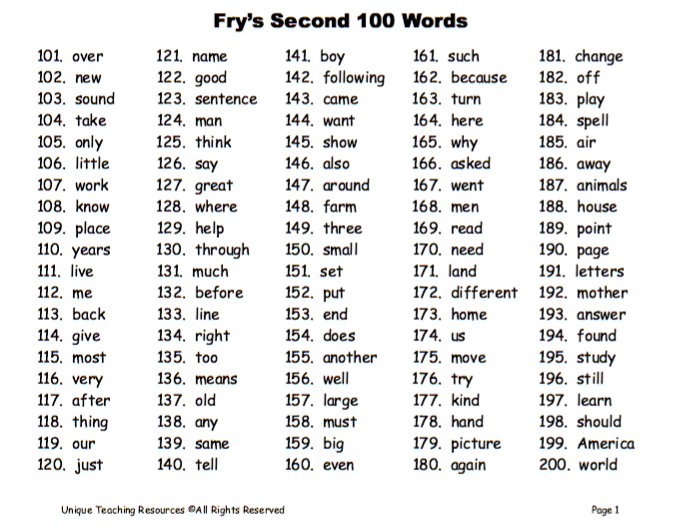 The game "Nicknames"
The game "Nicknames" Purpose: formation of the process of inflection and word formation, consolidation of phonetic and grammatical analysis of words, spelling of proper names.
Move: Form animal names from the following words:
BALL, ARROW, EAGLE, RED, STAR
Write sentences.
BALL, ARROW, EAGLE, GINGER, STAR
Highlight the part of the word that you used when composing nicknames (suffix, ending).
V. The game "Postman"
Purpose: To consolidate students' knowledge of selecting a test word, expand vocabulary, develop phonemic hearing.
Move: The postman distributes invitations to a group of children (4-5 people each). nine0003
Children determine where they are invited.
| garden | park | sea | school | canteen | zoo |
| paddles | roads | flats | books | loaves | adhesive |
| kali | birches | bottles | covers | pyros | March |
| radish | dou-ki | lo-ki | tetra | slips | tractor | nine0291
| carrot | li-ki | sharps | blotter | blackheads | rack |
Tasks:
- Explain spellings by choosing test words.
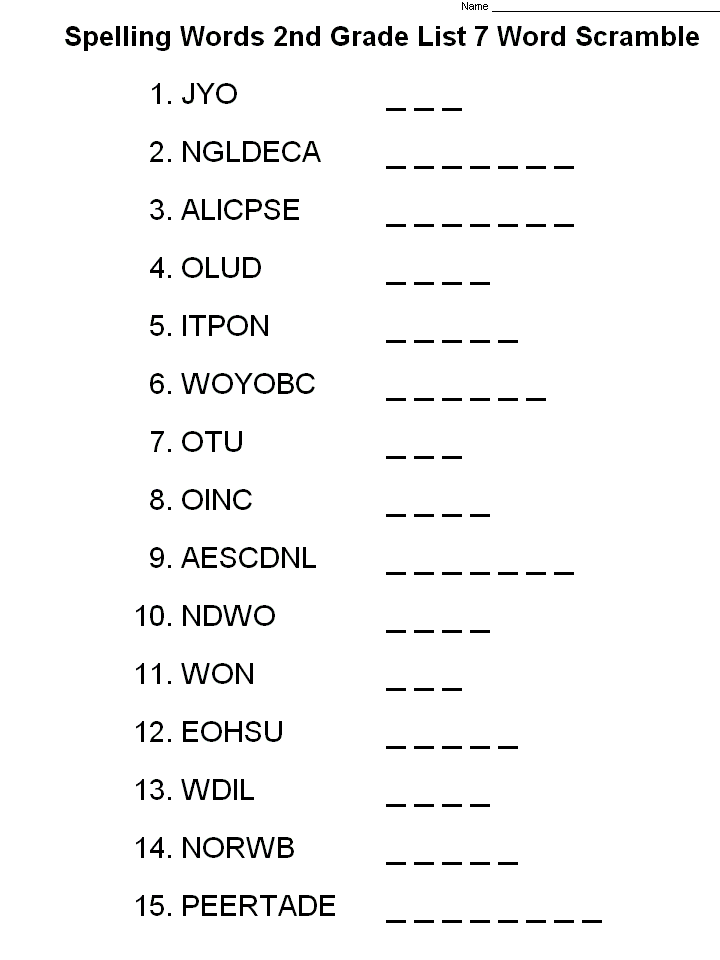
- Make sentences using the given words.
VI. Runaway Bear Game
Didactic task: Repeat the case endings of nouns.
Game task: Complete the story from which the bear “ran away”.
Content of the game: “Look at this story. You see it with passes. Actually, this is a story about a bear, but the bear himself escaped from it. Please return the word “bear” to the sentences, replacing the endings with questions.”
Materials: “Not every hunter had a chance to meet (whom?).... It is dangerous to approach (to whom?) Closely. I saw (who?)... at the zoo. In the forest you can watch (for whom?) for ... only from a distance. The forester told us a lot of interesting things (about whom?) about...”
VII. Game "Remove the extra car"
Purpose of the game: to create conditions for fixing the composition of the word, to teach to see a word that differs from the rest in its composition.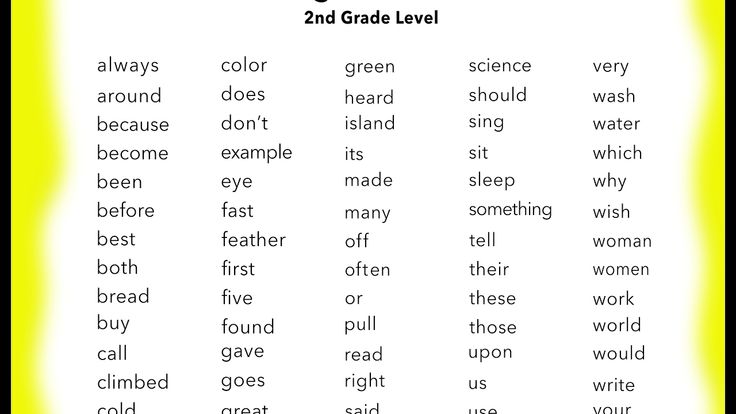
Now guys, let's play a little. Three trains have arrived at the station. Each train consists of four cars. When the cars were attached to the train, they made a mistake by attaching an extra car that did not fit this train (three trains appear on the board). You guys need to find that extra car. The words written on each wagon will help you do this. nine0003
Hint. Extra words differ from other words written on the cars in their composition.
Each row gets its own train, before making a decision, discuss it with your row, determine the person who will express a common opinion.
Train No. 1
race, swim, law, start.
- Word, on which car is this extra?
- Extra word law, on the third car? nine0012
- Why?
The words written on the remaining three cars have a prefix, but the word law has no prefix.
That's right guys, well done. The extra car has been removed from the train.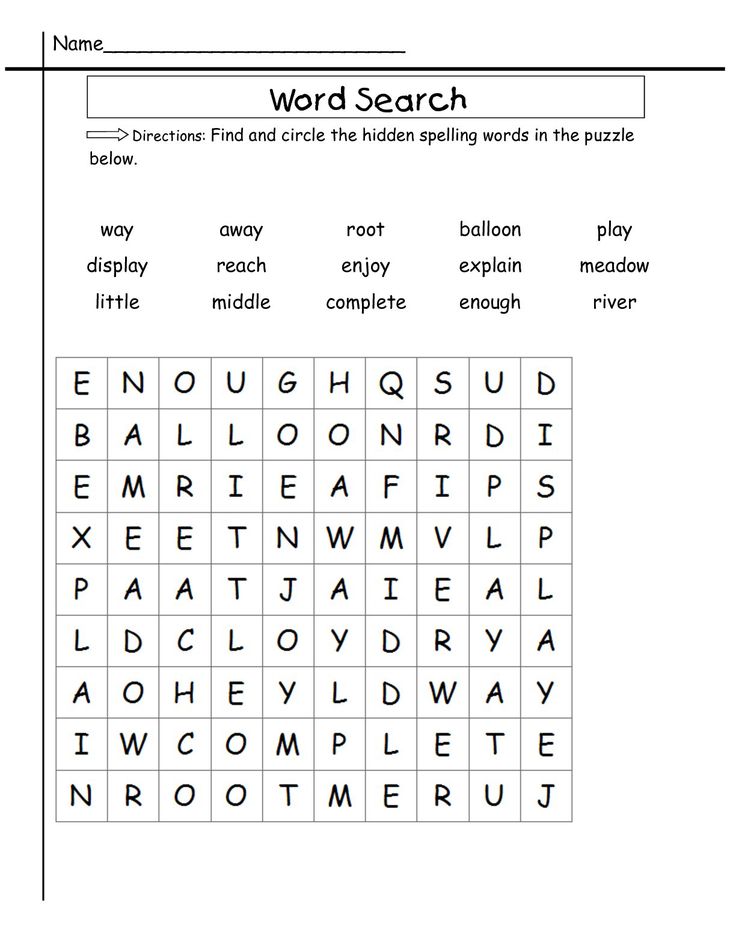 The train can continue on its way. Now write down all the words, except for the word law, and highlight the prefixes in them.
The train can continue on its way. Now write down all the words, except for the word law, and highlight the prefixes in them.
Train No. 2
kettle, coffee pot, milk jug, broom.
- Which word is superfluous.
- The extra word broom, because, unlike other words, it does not have
suffix. - Write down the words with suffixes.
Train number 2 can continue. Well done boys.
Train number 3
watch, win, think, mourn.
- What a wagon, this is superfluous.
- Carriage with the word win, as there is no prefix in this word.
- Write down the words with prefixes.
Well done guys. You did a good job. nine0003
VIII. The game "Hard - soft"
Purpose: to create conditions for repeating the spelling of hard and soft signs.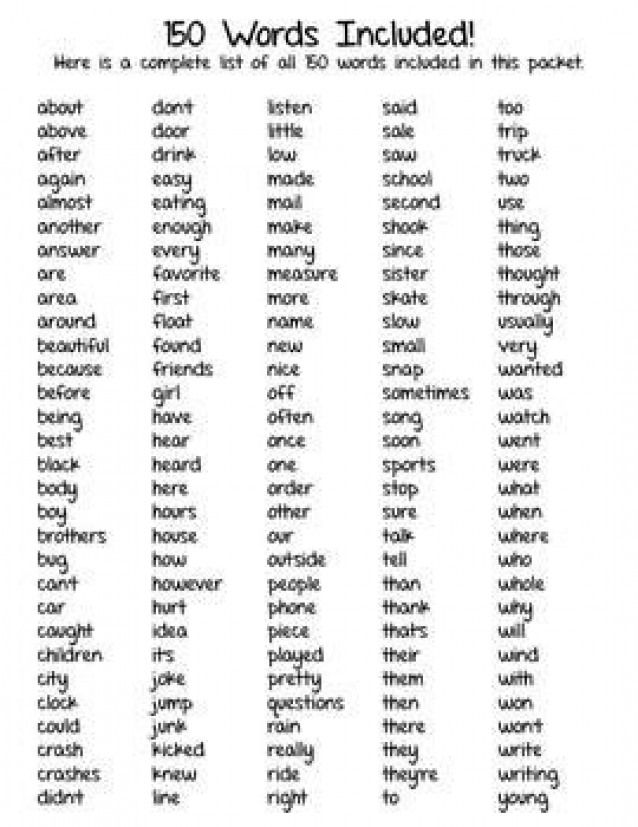
Students are divided into two teams. One team is called "Stone", the other - "Water". The “Stone” team gets up if I read a word with a hard sign, if I read a word with a soft sign, the “Water” team gets up.
Words: congress, enter, blizzard, pours, entrance, pour, announcement, stakes, skids, detour, ears of corn, drink, filming, etc. nine0270
IX. Game "Answer and check"
- Where does the beet grow? (in the garden)
- Where are the letters written? (In a notebook)
- What do we clean in the morning? (Teeth)
- Are we dressing in the cold? (fur coats)
- We love to play ... (snowballs)
- Eat for the holiday ... (pies)
(What do the words have in common? There is a suffix -to-)
X. The game "Help the Pencil"
In the development of a child's speech, his creative thinking, the game "Help the Pencil" is of great importance. A cheerful pencil with a poster on which the words are written comes to visit the children.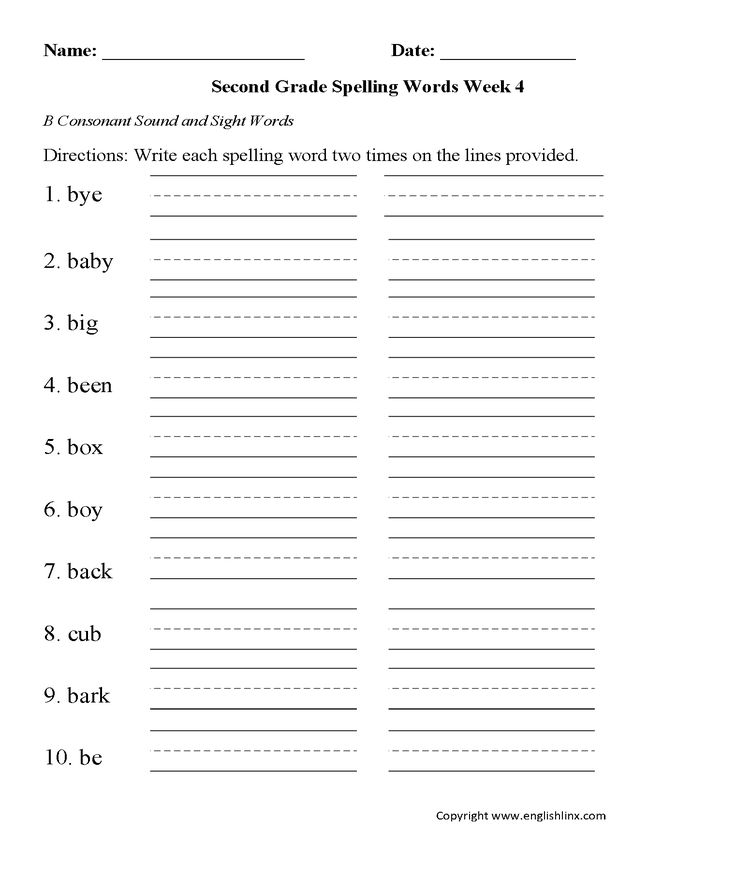 The pencil thought about how best to draw a picture. “Children help the pencil, make up a story. nine0003
The pencil thought about how best to draw a picture. “Children help the pencil, make up a story. nine0003
| Summer weather | autumn leaves | winter cold |
| Sky river fish | rain falling leaves | snow drift, ice |
| Fishing rod fun | migratory birds | snowman slide |
| In the morning in the air | days and nights | let's go for a ride |
It turned out like this picture (on the reverse side there is a picture of summer, autumn, winter, spring).
XI. The game "Syllabic Auction"
(name not objects, but actions of objects).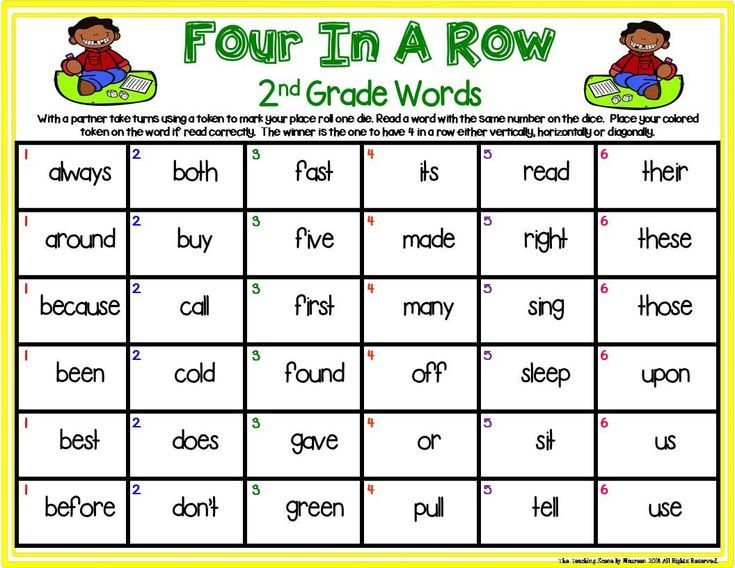 Yes(et), po(et), be(ret), zhi(et)…
Yes(et), po(et), be(ret), zhi(et)…
XII. The game "Chain of words"
The teacher writes down a noun on the blackboard, it is necessary to form a chain of words from it so that each subsequent noun begins with the letter that stands at the end of the previous one. Determine the gender and number of a noun
Fur coat - album - shop - legs - ... etc.
XIII. “Harvest”
(the names of vegetables are written on the cards) The essence of the game: the first student collects masculine nouns, and the other feminine.
XIV. The game "Think and write down"
The teacher will put the cut out consonants on the board: t, d, c, l. Students should write down as many words as possible with these unpronounceable consonants. For example,
| T | D | B | L |
| sad | star | hello | sun |
| famous | holiday | feeling | ladder |
| heart | happy |
|
|
Conclusion
Game technologies allow creating favorable conditions for gaining knowledge of the Russian language.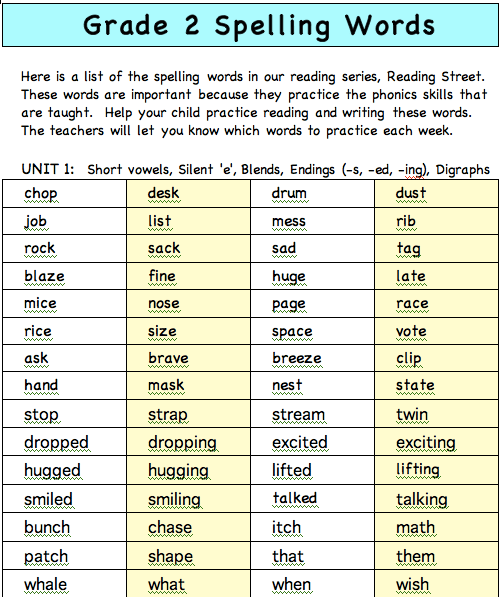

 N…K
N…K 